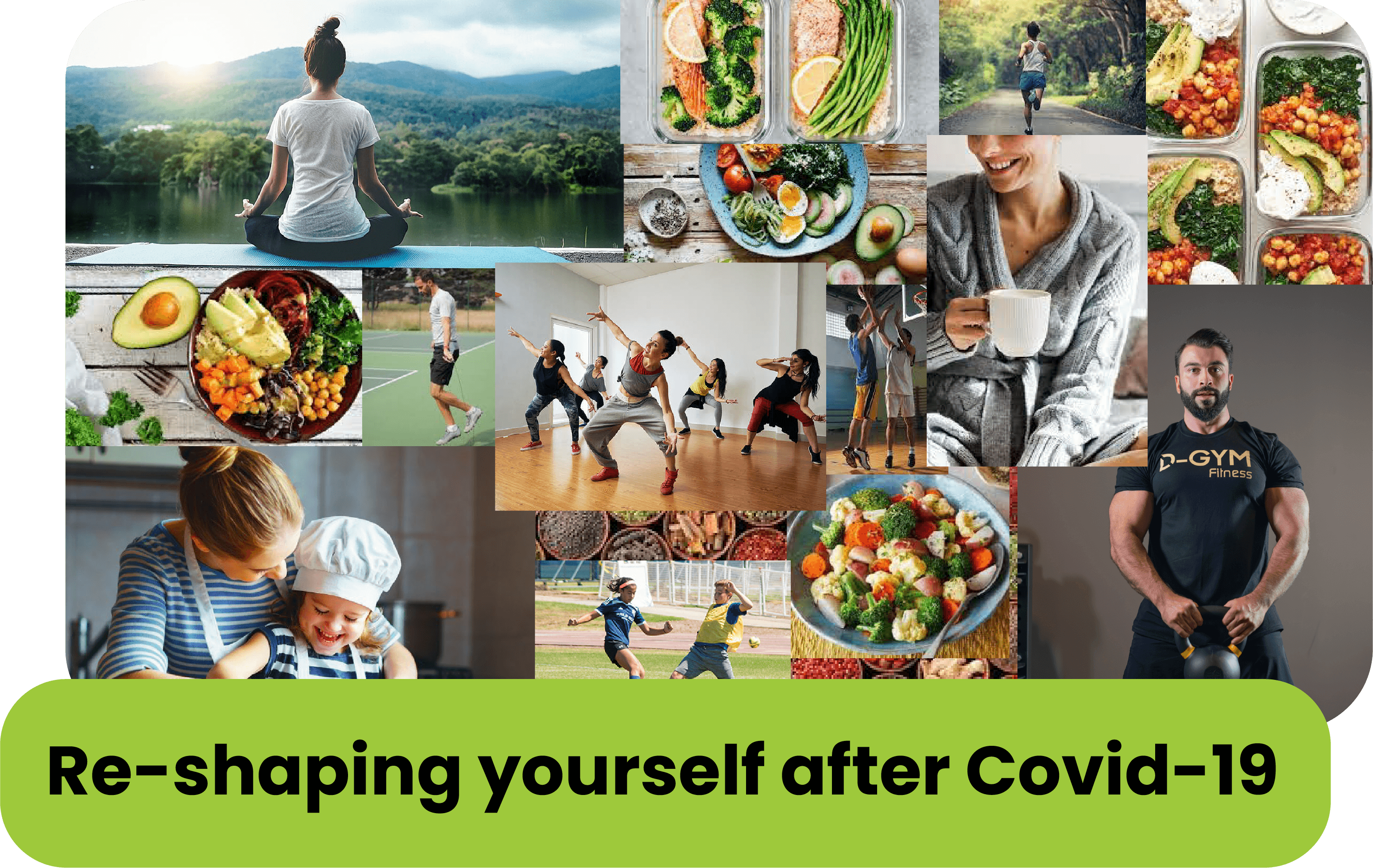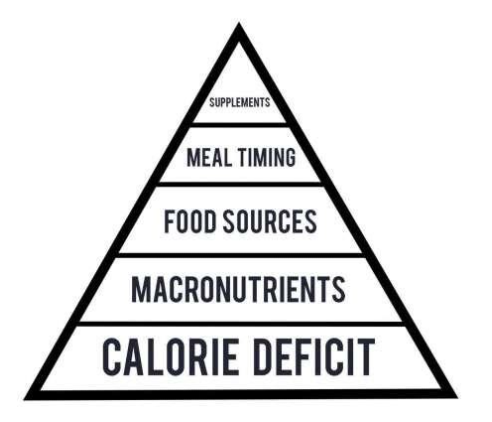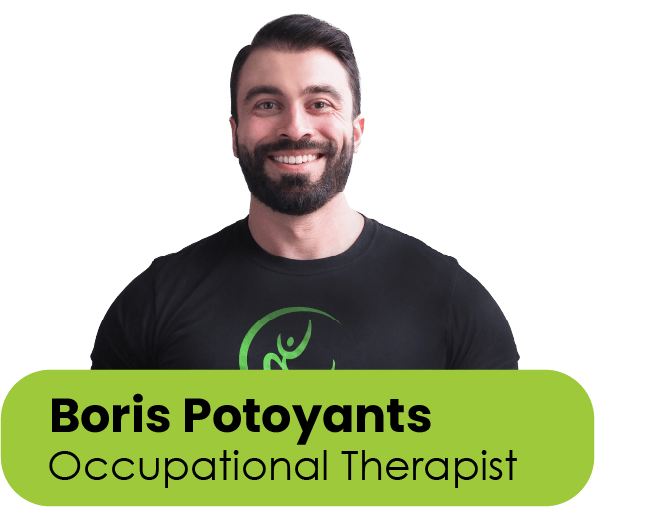
Having spent the majority of the last year in a lockdown due to the COVID-19 pandemic, many of my patients have been reporting the development of unhealthy eating habits and/or have gained weight. Needless to say, the last year has been difficult for everyone and has caused many of us to turn to food for comfort. The pandemic has also made it difficult for us to continue to engage in our meaningful occupations and daily routine. This sedentary lifestyle combined with excess caloric intake has inevitably resulted in many of us gaining excess weight and feeling unwell. A habitual overindulgence can have consequences in terms of fatigue, mood swings, poor sleep quality, development of challenges with mental health and many more. If you have reached a point where you’re realizing that you have developed unhealthy eating habits and are looking to lose weight, then this post is for you.
Reaching your Body Composition Goals

In order to reach your health and body composition goals, it is important to work hard but also to work smart. There is much confusion and misinformation in the health and fitness industry. The pyramid above makes things very simple. It allows us to see what is the most important in regard to our body composition. Simply put, caloric intake and expenditure (energy balance) is the most important factor when it comes to reducing one’s store of adipose tissue.
Please consider that 1 pound of adipose tissue is a result of excess calories being stored by your body. How much, you ask? Well, approximately 3500 calories.
That being said, all you have to do is make sure you are burning more calories than you’re eating, and over time, your body will use that stored energy (adipose tissue) for fuel, burning those calories, which were consumed in surplus.
Weights or Cardio?
Why not just eat less and do a lot of cardio?
Our bodies are meant to adapt, and so without consistent weight training, adipose tissue and muscle will be catabolized at an even rate. This is an exceptionally poor result as muscle is metabolically active tissue and plays a big role in maintaining your metabolic rate.
Without going into too much detail, body composition is essentially the reason why two people who weigh the same can look very different and have radically distinct metabolic rates. Ergo the more muscle you have, the more calories you can eat while burning adipose tissue. 






